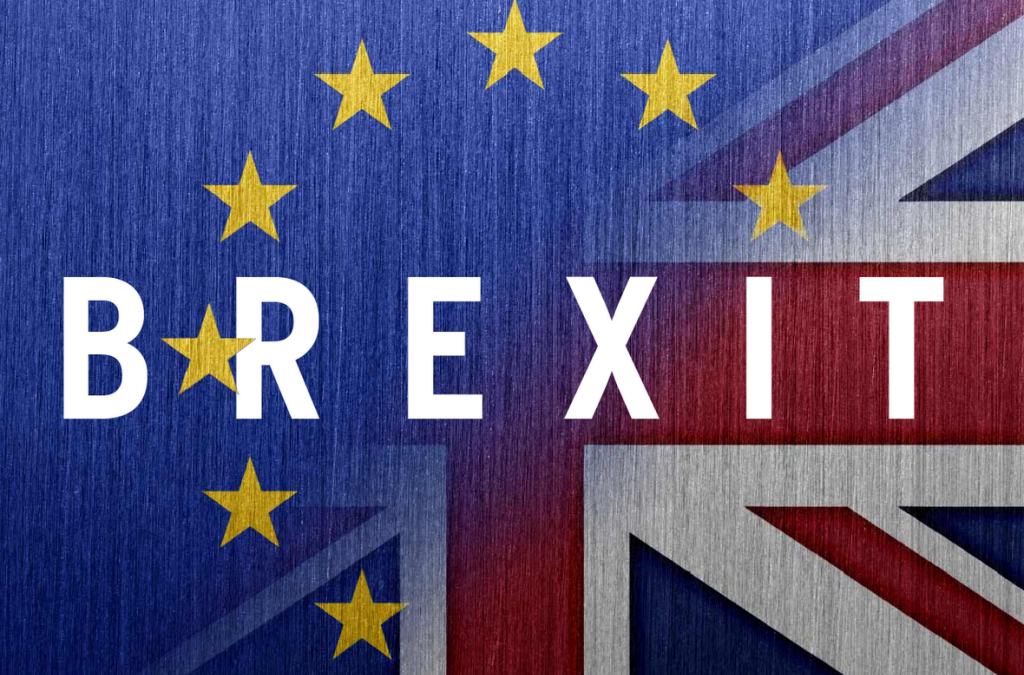Here’s some of the key elements from Barnier
What have we learnt?
We’ve learnt some context to Barnier’s prior comments (last Friday) and during the week. He’s pretty much covered all of those in three main parts of his speech in Parliament;
Here he talks about an “unprecedented relationship”;
Our position has not changed. You have decided to leave the European Union, not the other way around. We are open; that is our position. We want to establish the closest relationship possible with your country—and I will be saying this in greater detail later—and what will be an unprecedented relationship. We are determined to find an agreement, but I am aware of the risks that lie before us on our road between here and March, and we also are aware of our responsibilities on both sides. That is why I believe we need to be prepared for all scenarios, for all eventualities
And an “ambitious relationship and free trade deal”;
Let me repeat also that the no-deal scenario is not our scenario; it is not my scenario. Let me remind you that the line taken by the European Council—that is my mandate—foresees an ambitious partnership, which will include an ambitious and balanced free trade agreement, very wide in scope;
But, the sticky point is the border and copying the EU rule book;
However, as regards other points made in the White Paper in economic terms, I have to remind you of what my mandate is, as defined by the 27 heads of state and Government. A third country, in the past and in the future, cannot be in an identical or as stable a situation as an EU member state; secondly, a balance between rights and obligations in our relationship; thirdly, the integrity of the single market and the indivisibility of the four freedoms of movement; fifthly, the autonomy of the EU’s decision-making process.In the light of those principles beyond the free trade agreement, the proposals made in the White Paper on two points are not acceptable as they are; they are not acceptable to the EU. That is the White Paper proposal on customs and the White Paper proposal on the common rulebook for goods.
There are four reasons why we cannot accept those proposals on these two points in the White Paper. First of all, there is a legal problem. It is not possible for the Union to delegate to a third country protection of its customs union or the control of its external borders or the management of a collection of its customs revenue. Secondly, these proposals in the White Paper would create, as we see it, extra cost and bureaucracy. It is not possible for EU business to bear the cost that would be generated by the goods traceability system that is envisaged to enable the application of a dual customs tariff.Thirdly, these two points in the White Paper would create an economic problem for the Union. They might create deflection in trade by the UK applying a more advantageous customs tariff and it could also lead to major distortion in competition to the detriment of EU business if UK businesses were able to not have to respect the same rules that we respect in terms of the factors of production, our social standards for labour and environmental standards regarding production methods
It sounds like a bureaucratic and cost issue mainly for the EU, which makes it a bit of a farce but one that the UK is being asked to solve. From reading this last part, it’s as if the EU is offering the carrot but not giving the UK a chance to grab it. We can have a solution to the border and trade but not the means to carry it out due to it not complying with EU bureaucracy. This is the EU’s way of showing that they are punishing the UK. I don’t see how any of that is GBP positive unless the UK finds a solution, which the EU seemingly can’t agree to anyway. We are no further from a hard Brexit than we were before this.
- The last NFP competition of 2022 - December 1, 2022
- Will this month’s US NFP be a horror show? - October 4, 2022
- US NFP competition – Do you think there’s going to be a turn in the US jobs market? - August 31, 2022

